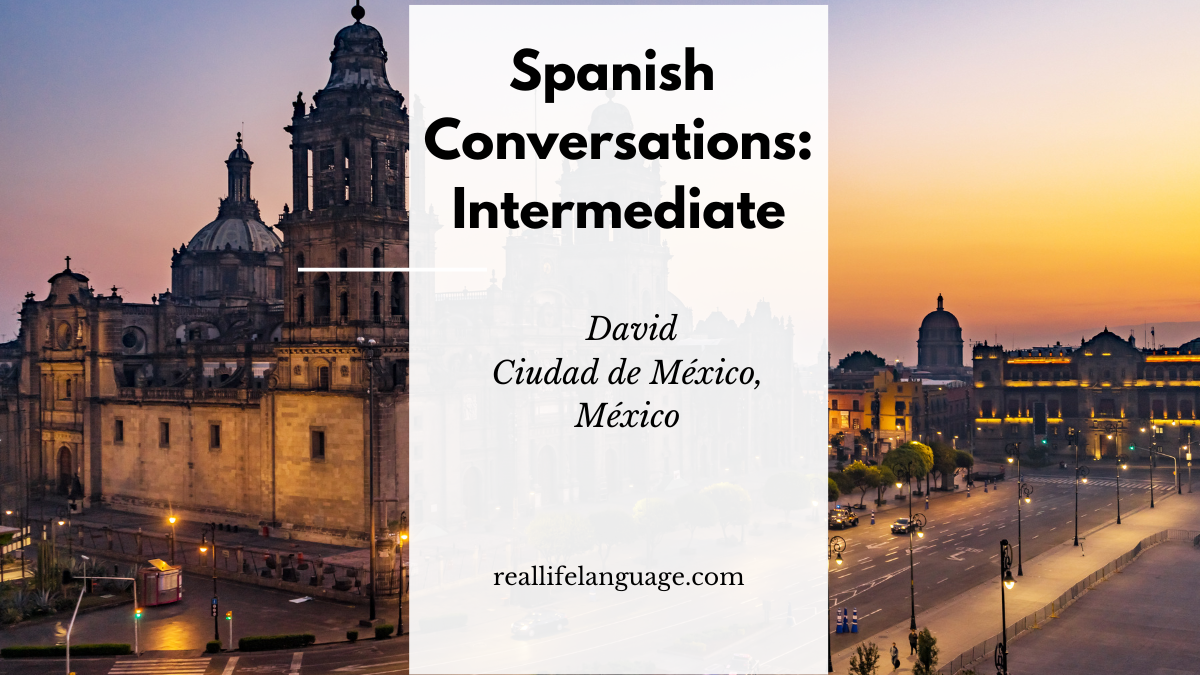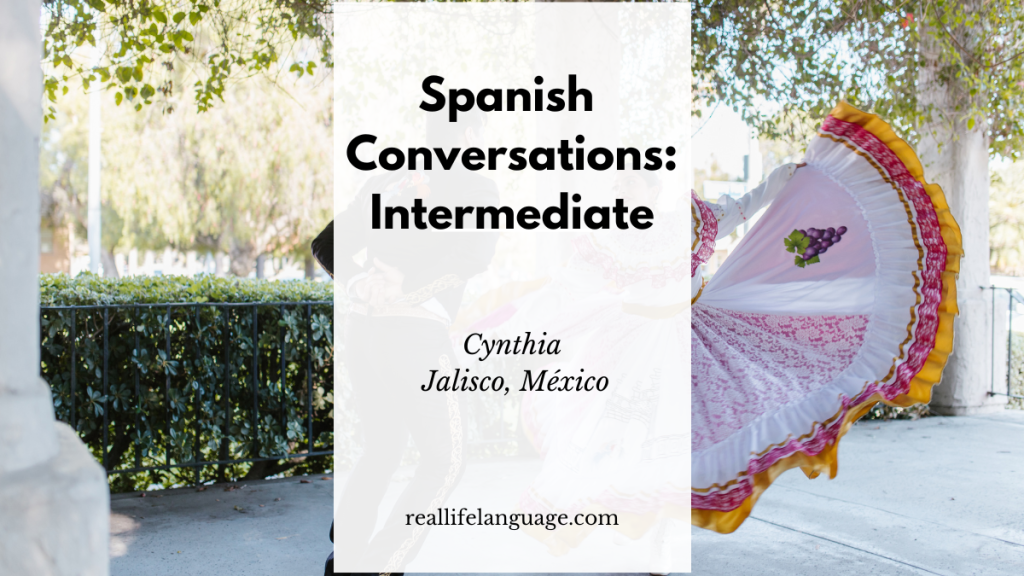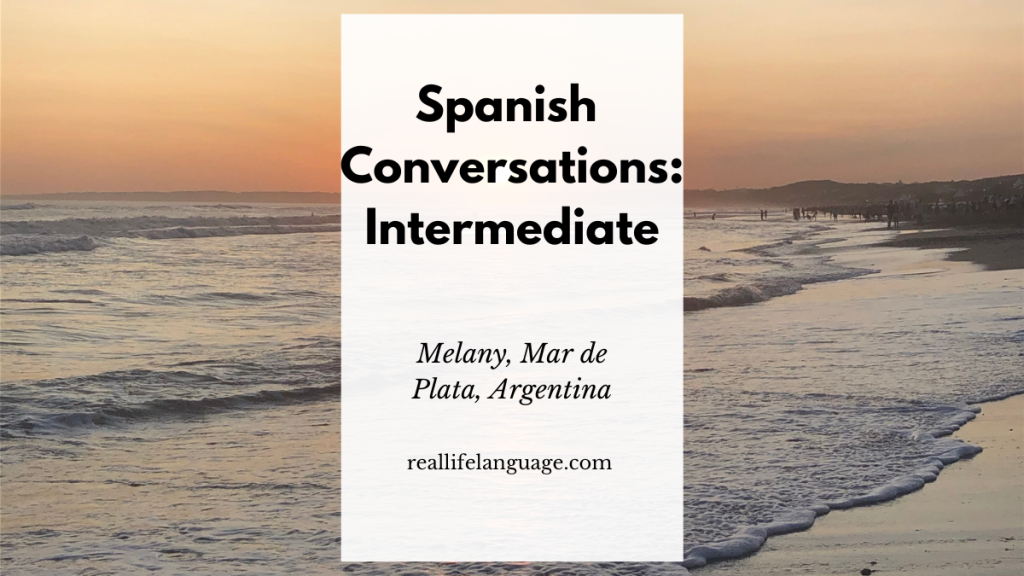
This article uses a real intermediate-level conversation to help learners learn Spanish while exploring travel, friendship, culture and daily life in Mexico City. The narrative follows a memorable travel story, reflections on friendship, nightlife and health concerns — all excellent material for learners who want to build vocabulary, practice listening comprehension and pick up natural phrases.
Overview of the conversation
The speaker recounts an unforgettable day while backpacking in Germany and then moving on to Poland. Alongside the travel anecdote, he reflects on what friendship means, describes Mexican parties and nightlife, lists cultural attractions in Mexico City, and discusses public health and employment trends. These topics provide a variety of registers — from casual storytelling to more formal reflections — ideal for anyone who wants to learn Spanish at an intermediate level.
Unforgettable travel story — key vocabulary
The core anecdote begins with the phrase “an unforgettable day”. The speaker describes meeting a German man who offered him a free train ticket because he would accompany the man’s wife who uses a wheelchair. Use the vocabulary below to practice travel-related phrases:
- mochila — backpack
- billete de tren / boleto de tren — train ticket
- frontera — border
- acompañar — to accompany
- persona con discapacidad — person with a disability
Practice sentences
- «Viajaba con la mochila al hombro.» — He was traveling with a backpack on his shoulder.
- «No tenía mucho dinero.» — He didn’t have much money.
- «Me ofrecieron acompañar a su esposa y no tuve que pagar el billete.» — They offered me to accompany his wife and I didn’t have to pay the ticket.
Friendship and values — useful phrases
The speaker offers a concise definition of friendship:
“Friendship is being giving without expecting anything in return”
and expands on loyalty, empathy and listening. These reflections are perfect for practicing opinion language and abstract vocabulary:
- amistad — friendship
- leal — loyal
- empatía — empathy
- escuchar — to listen
- dar sin esperar nada a cambio — to give without expecting anything in return
Parties, culture and nightlife vocabulary
Descriptions of Mexican parties emphasize dancing and Latin rhythms. This is useful for learners who want to describe parties or cultural events:
- música para bailar — music to dance to
- salsa, cumbia, bachata, merengue — common Latin dance styles
- margarita / michelada — Mexican cocktails
- fiesta que empieza tarde — late-night party
Mexico City: free time, museums and gastronomy
The conversation paints Mexico City as a cluster of neighborhoods and attractions rather than a single homogeneous place. Key points to practice include parks, museums and restaurants:
- Parque Chapultepec — Chapultepec Park (large urban park)
- museo — museum (art, science, food, chocolate, tequila)
- restaurantes internacionales — international restaurants
- vida nocturna — nightlife
Health, labels and public policy — vocabulary for social topics
The speaker discusses obesity, nutrition labels and pollution. This segment is good for practicing formal register and civic vocabulary:
- obesidad — obesity
- etiquetas — labels (nutritional warnings)
- exceso de sodio / exceso de azúcar — excess sodium / excess sugar
- contaminación — pollution
- transporte público — public transport
Useful expressions for discussing health
- «Hay una epidemia de obesidad.» — There is an obesity epidemic.
- «Las etiquetas muestran exceso de azúcar.» — The labels show excess sugar.
- «Promueven el uso de la bicicleta.» — They promote the use of bicycles.
Employment trends and lifestyle choices
The speaker notes how the pandemic changed work patterns, with many people starting small businesses or shifting to remote work. Useful vocabulary:
- trabajo por cuenta propia — self-employment
- beneficios sociales — social benefits
- teletrabajo — remote work / teleworking
City or countryside: practice comparative language
He prefers the countryside now and explains why: slower pace, need for good internet, and freedom. This is a chance to practice comparatives and preferences:
- «Prefiero vivir en el campo.» — I prefer to live in the countryside.
- «La ciudad es muy rápida.» — The city is very fast.
How to use this conversation to learn Spanish
To learn Spanish from this material, learners should:
- Listen for keywords before focusing on full sentences: pick up nouns and verbs first.
- Shadow the speaker: repeat short phrases aloud to improve pronunciation and rhythm.
- Write short summaries in Spanish of each section (travel, friendship, culture, health).
- Make flashcards with the vocabulary lists above and review them daily.
- Practice role-playing: pretend to tell the travel anecdote in Spanish to a partner.
Conclusion
The conversation provides rich, authentic content to help learners learn Spanish at an intermediate level. It combines personal storytelling with cultural insights and practical vocabulary across travel, social life, health and work. Use the phrases and practice strategies above to build fluency and confidence, and revisit the dialogue to deepen comprehension and pronunciation.
Tip: Start by listening once for gist, then twice for details, and finally shadow sentences aloud — this sequence boosts comprehension and speaking skills when trying to learn Spanish.
100s of videos to learn Spanish:
https://real-life-language.kit.com/b1531a6404
Learn Spanish with a Real Conversation: Intermediate Practice with John from Cali

